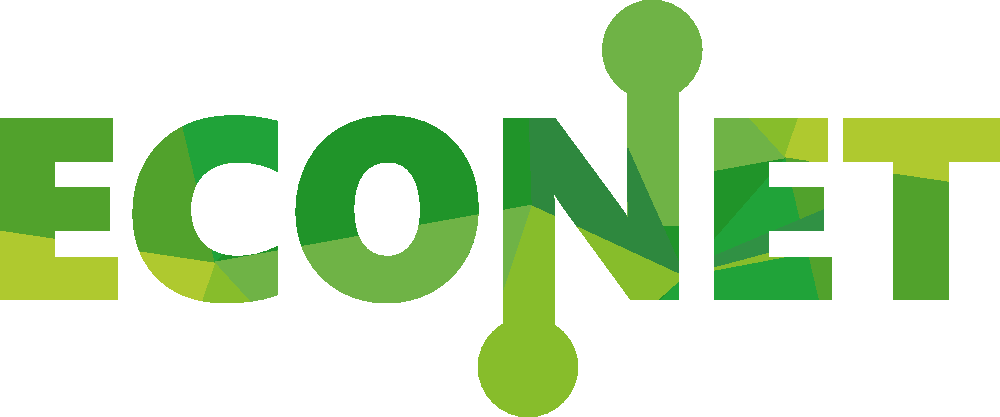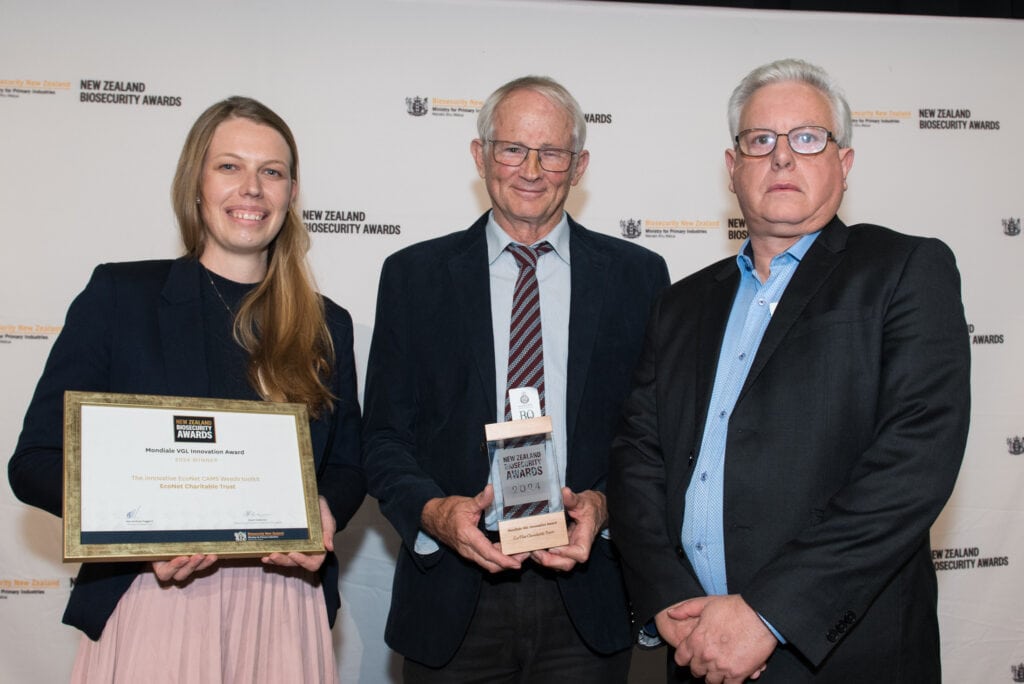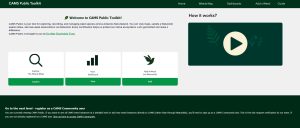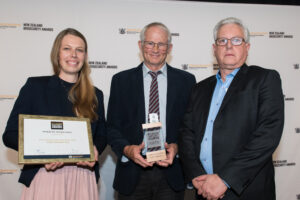The EcoNet Charitable Trust is delighted and honoured to receive a NZ Biosecurity Award in the the Innovation category
We thank the Minister for Biosecurity, the Director-General and staff of MPI for promoting these awards and the sponsors – in particular Mondiale VGL for sponsoring the Innovation Award.
The EcoNet CAMS Weeds eTool empowers communities to collaborate via social media, shared maps, iNaturalist, shared file repositories, CRM and other techniques to protect our native biodiversity from the growing problems of invasive weed species.
The award is a welcome recognition of the massive pro-bono expertise that has gone into this project since 2020.
Since the application for the award was submitted, EcoNet’s CAMS continues to grow and progress as an innovative tool to empower and enable community groups, volunteers, land care groups, farmers and other property owners and members of the public.
EcoNet is in beta testing for the next version of the Weeds eToolkit which will offer improved user experience to simplify adding and updating weed instances in the map.
An update Plans & Problems eToolkit is also in beta testing to provide an integrated platform for recording landslips, broken drains, track damage, fallen trees and other incidents across Kaipātiki Local Board area in Auckland.
The Pest Free Kaipatiki Weeds Hit Squad is now using the EcoNet combination of CRM (contact relationship management) and ArcGIS mapping to communicate with householders in the halos around local bush reserves. This enables improved personal communications along with the ability to leverage the skills, knowledge and hard work of the team more effectively across a wider area.
A great strength of the EcoNet vision and its “software stack” of CRM and GIS is that it has enabled a team of volunteers to build the Weeds eToolkit for about $15k but with about $450k of volunteer input from IT and ecology experts. This expertise has enabled the integration with the AI (Artificial Intelligence) and biologist expert network of iNaturalist.NZ.
Since its innovation the CAMS vision and strategy has attracted this expert support and it is great to have official recognition from the MPI awards.
We hope over the next phase of development to work with MPI and other government agencies, with Weedbusters and Predator Free NZ and their stakeholders and business partners to take full advantage of the ArcGIS Premium Hub ability to give every conservation and land care volunteer a named login to record their work and to access the latest in what needs to be done and how to do it.
CAMS provides an integrated approach and data systems that can bring an army of volunteers, community and land care groups, landscape and property contractors, farmers, covenantors and many others to tackle the massive waves of invasive pests and pathogens.
It will provide an integrated view of an area – whether it’s a small pocket of bush or a landscape scale environment – that brings together identification and management of predators, weeds, pathogens and disaster damage etc. This will engage communities and stakeholders on regular programmes of work and will integrate problem management with restoration of the biodiversity of the area.
We hope to not only build an army of participants across the nation, but also to develop a corps of EcoNet supporters who can design and deliver new and improved software tools and also train and support users. We welcome enquiries to systems@econet.nz
Photo: Anais Schanzel and Keith Salmon with Doug Brown of sponsors Mondiale VGL
Background and thanks
The EcoNet CAMS (Conservation Activity Management System) concept was initiated by trustees Richard Hursthouse, Annalily van den Broeke and Keith Salmon, three very keen conservationists, who recognised huge gaps in the technology tools available for community conservation.
Richard Hursthouse’s vision of high quality software to enable conservation groups and volunteers to collaborate and share information is a bold and important concept. It grew out of work Richard did soon after he initiated Pest Free Kaipātiki (PFK) and while he was chair of PFK’s Technical Advisory Committee, where he championed the need for both action and monitoring. The EcoNet concept will enable individual volunteer activity to be leveraged and scaled up to work on a landscape and nationwide scale. As they say, you can’t manage what you can’t measure. Our thanks also go to the EcoNet Advisory Board with experts in ecology and IT.
The development of the CAMS Weeds tool arose from discussions between Richard Henty, who founded the Society Totally Against Moth Plant (STAMP) crowd-sourced moth plant control group in 2012, and Keith Salmon and other members of the Pest Free Kaipātiki weeding control “hit squad”. Richard Henty’s vision of maximising community participation in weed control with low administrative overheads was a key goal in the next steps.
Richard Henty’s original GIS map for moth plant, developed by GIS in Conservation (GIC) volunteers, was rewritten to implement a range of new features and was applied to cover all environmental weed species.
Scott Sambell helped set up the initial schema and he is helping us to set up the ArcGIS Premium Hub which he used to set up the MarinePests.nz site.
EcoNet’s CAMS Hub will allow all conservationists in the country to have a named login to undertake important conservation and biosecurity work within the context of shared information and collaborative processes and activities.
Anais Schanzel of Eagle Technology supported EcoNet volunteers in the development of the CAMS Weeds tool which now has nearly 40,000 weed instances across Aotearoa New Zealand.
We thank major contributors to the tool:
- Scott Tansley a leading GIS systems architect who helped define systems principles for combining AcGIS and Dynamics CRM
- Mary Anne Plan and Anusha Biswas, two pro bono business analysts, who developed the user requirements and traceability matrix used in the request for expressions of interest phase in 2020
- Sahil Bhouraskar who along with Anais has provided excellent GIS expertise to Keith and the EcoNet team
- Nigel Charman of Old Mans Beard Free Wellington who has provided expert insights and developed a groundbreaking integration from iNaturalist to CAMS
- Colin Meurk, Jon Sullivan and Murray Dawson of the iNaturalist NZ Board have also played an important role.
- Fung Lai who has developed a great range of functionality for the Weeds tool
- Carolina Almaguer and Elliot Chisholm who contributed UX (user experience) insights to the app
- Sean Li who has developed Weeds dashboards
- Barry Pyle the CAMS CRM lead who has developed the integrations with the CAMS contact management system
- Members of the Pest Free Kaipātiki team including Kim Ollivier who have provided feedback and a framework for developing the concepts of community engagement in weed control
- The Kaipātiki Local Board for its support for the EcoNet Weeds project
- All the STAMP and other users of the tool who have provided inspiration and encouragement.



